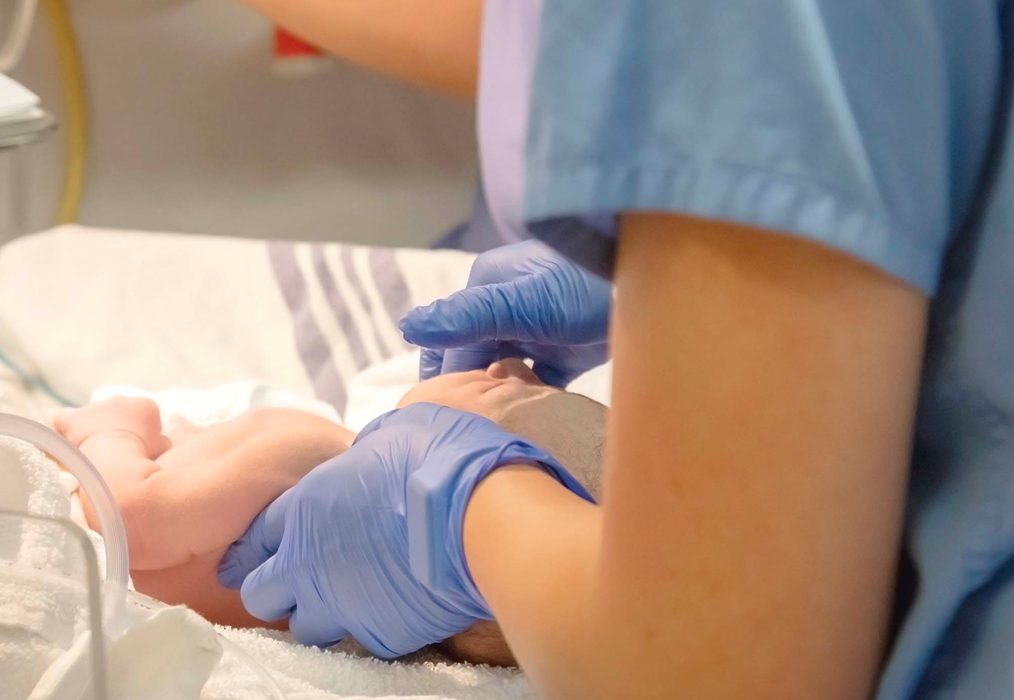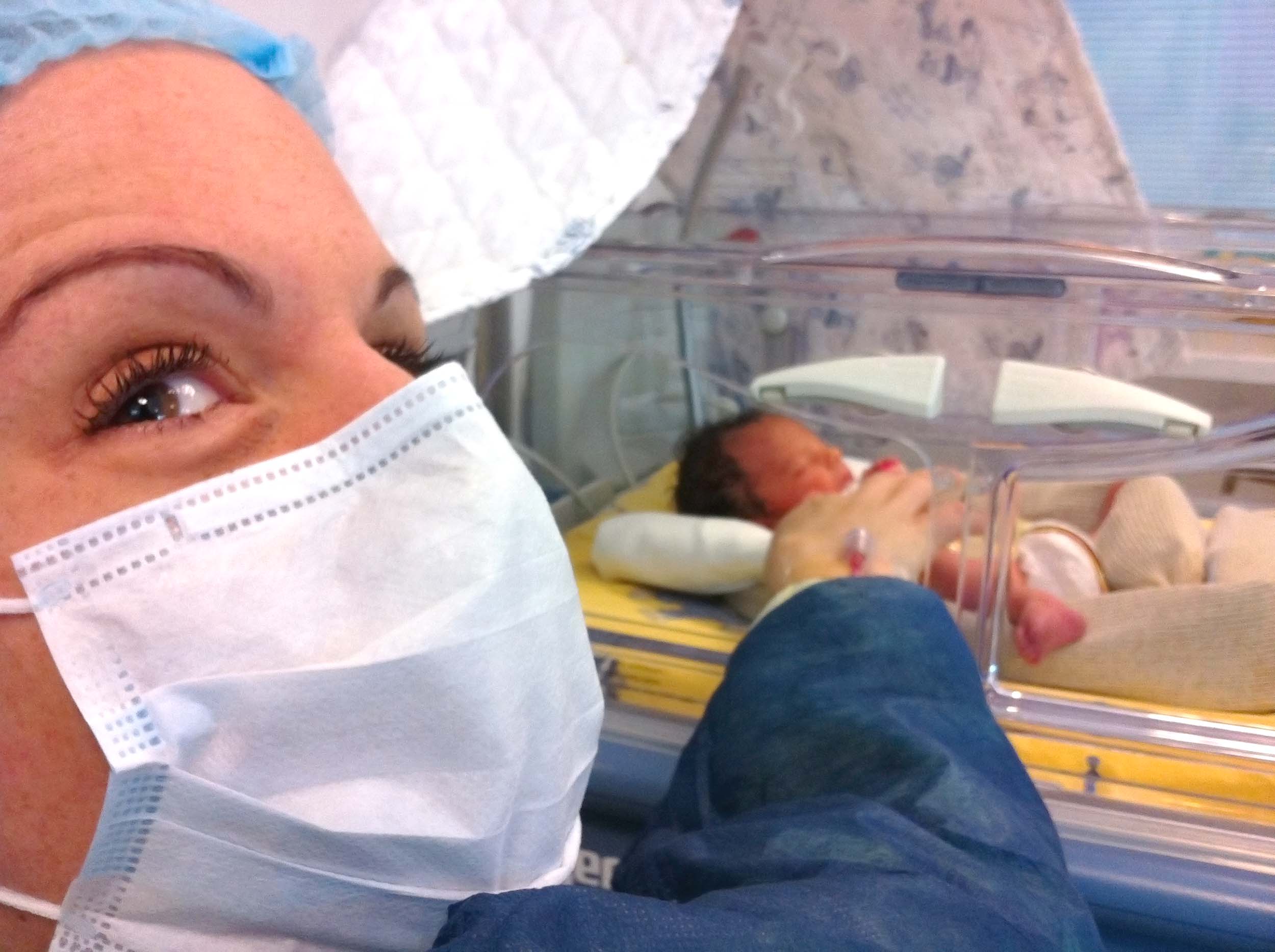Newborns with Prader-Willi syndrome present sucking and swallowing deficiencies in 99% of cases (Singh, 2018) associated with a lack of appetite and severe hypotonia. To prevent undernutrition, which can be life-threatening for those infants, 84% of them need to be fed by nasogastric tube (Bar, 2017). .
Complications related to these symptoms can be severe: recurrent respiratory infections, pulmonary aspiration (Salehi, 2017).
Thus, the first weeks of life of a baby with Prader-Willi syndrome are particularly challenging for patients and their families. The period of feeding with nasogastric tube, followed by long months during which it is very difficult to feed the child, is very distressing for parents and can significantly impact the parenting process.

